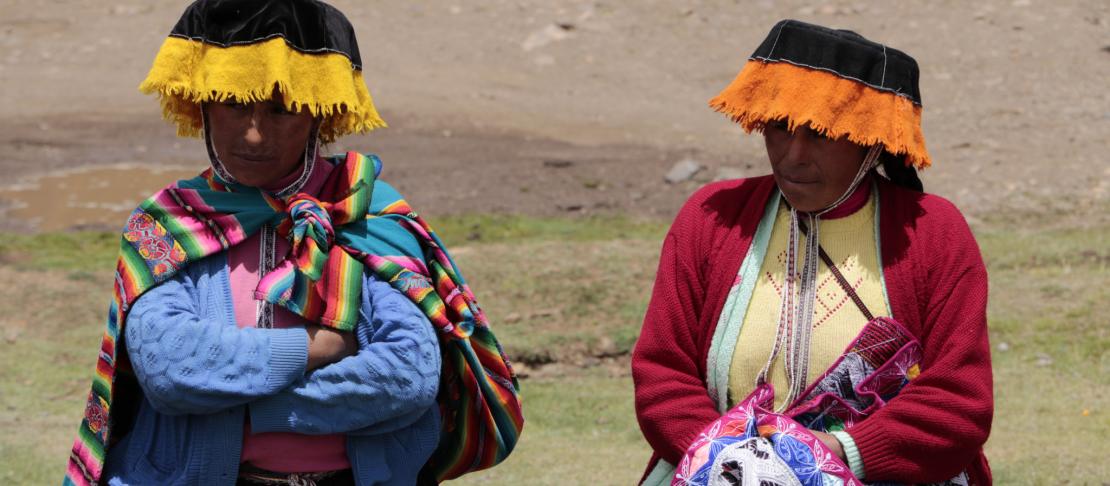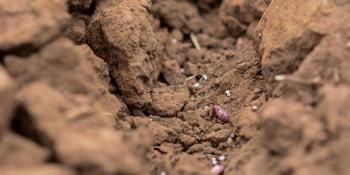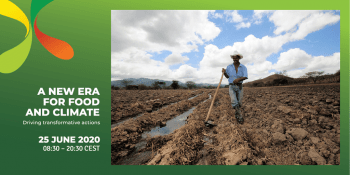Why smallholder farming is crucial in new climate deal

Countries should seize the chance to shape the new global climate deal.
Following December's climate change meeting in Lima, countries are working on identifying their national contributions to mitigation and adaptation for submission at the end of March. These will form the basis of a new climate deal to be agreed in Paris at the end of this year. But with no formal arrangement for addressing agriculture within the negotiations, we could miss a key opportunity to mitigate greenhouse gas (GHG) emissions while enhancing food and nutritional security.
The global food system produces about 25 per cent of GHGs, of which around half comes from food production and the rest from processing, transport, packaging and land use change to agriculture.
Climate change is already having a negative impact on agricultural production and food security, as made forcefully clear in the Intergovernmental Panel on Climate Change (IPCC) Fifth Assessment.
This impact is being felt most by the poorest countries and communities – especially food insecure small-scale producers – who have contributed least to the problem.
What do farmers have to say about the future of the food for the world?
The IPCC, along with other researchers and practitioners, believes that traditional or 'integrated' smallholder farming systems such as agroforestry, mixed cropping and crop-livestock systems, can help to significantly lower emissions while increasing food security.
Given that food security is a core objective of UN Framework Convention on Climate Change (UNFCCC), countries should take advantage of the key opportunity to include agriculture in the development of Intended National Determined Contributions (INDCs).
The INDCs are country level voluntary offers for emissions reduction and adaptation and must be submitted to the UNFCCC by end of March 2015.
For developing countries, the challenge will be to identify adaptation options that have co-benefits for mitigation.
Learn more:



